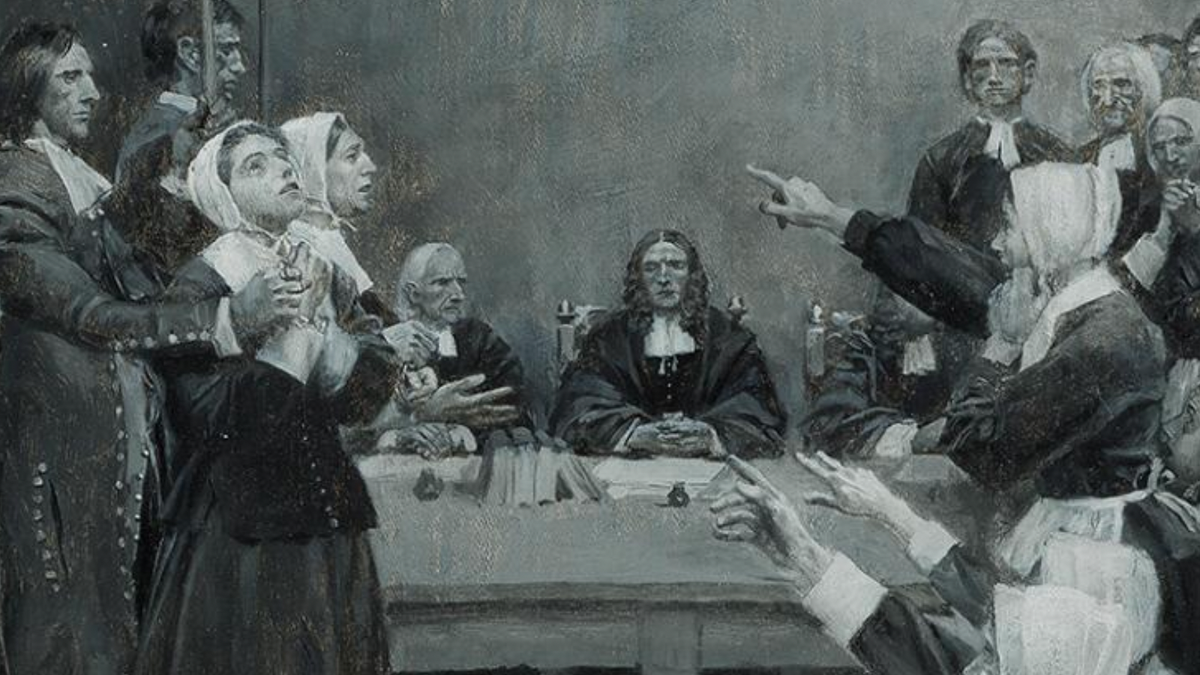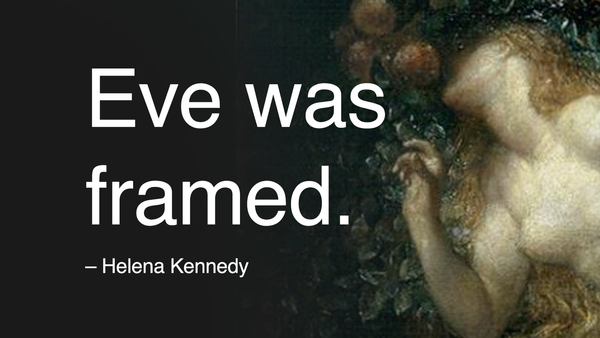The Stories We Tell

In The Republic, the famous book about justice, Plato describes a utopian place where truth and fairness prevail. To create this ideal city, Plato banished playwrights, poets, and other storytellers because he believed storytelling was a potent force. He feared fictional worlds would corrupt people. Plato argued that commoners cannot tell the difference between the real and the imagined. It would lead to certain societal doom.
Over two millennia later, we know storytelling is powerful, but that it can be used for good. There are innumerable examples throughout time and across cultures where humans have used storytelling to reveal truths and meaning about the world, and to teach us morals and to shape societies to great benefit.
“Who knows why we were taught to fear the witches and not those that burned them....” – Affinity Soul
And then there are the stories that kept women down. There are so, so many. I plan to unpack them in future letters, but for now consider what Affinity Soul said: when America was founded, there were whispers of powerful women in New England. Why did society fear these "witches" and not the people who burned them alive?
In modern-day America, women and families flocked to see the movie Barbie. In the summer of 2023, pink was everywhere. Positive stories about empowering women are emerging, but they are still far outnumbered by the centuries of stories that subjugated women. A year later, enough women voted against their interests that we have a democratically elected leader who was convicted for sexual abuse and largely responsible for death of several women because they were unable to access health care.
One story—a movie, a book, a conversation among friends—cannot change society, but the allostatic effect of new narratives can change hearts and mind, and ultimately, give people a sense of agency. It worked to subjugate women, so it can work to give women justice.
Plato wanted a fair and just society. I believe most Americans do, too. But I will argue that storytelling has to be a core strategy. Plato banished storytellers. I am optimistic that new storytellers and new stories that can usher in a better world.
Will it work? Time will tell.
Writing Prompt
In The Republic, Plato uses the Socratic method of posing thought-provoking questions in order to draw out new ideas and to learn. Here's one for you: what story or stories fundamentally shaped how you see the world? And did it help or hinder, and why?
Image of the Salem Witch Trials by Howard Pye, circa 1892. Source. The image is in the public domain.

